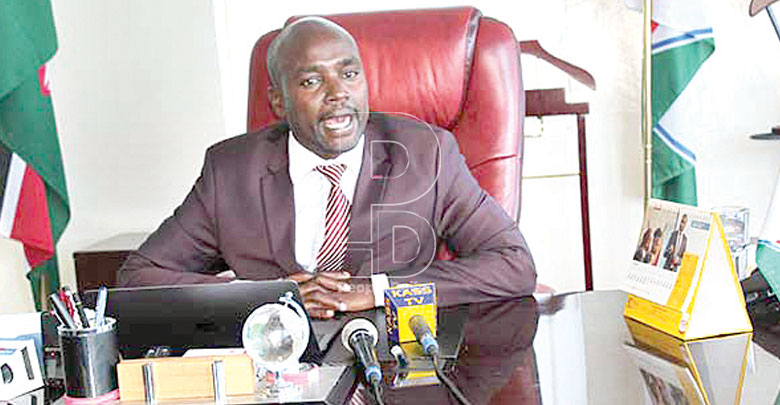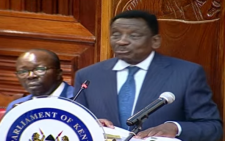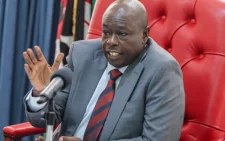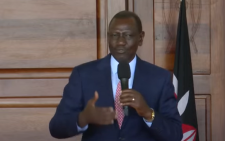The sacking of six Bomet County Executive Committee members (CECs) by the County Assembly on Monday has once again exposed how unsecure the county minister’s position is.
While the CEC job is one of the most coveted in the counties, the holders are often subjected to whimsical sackings by governors or impeachment by MCAs.
The Bomet CECs kicked out just a month after the death of governor Joyce Laboso are Bernard Ng’eno (Sports), Justus Maina (Administration), Benson Kipsang (Water), Phillip Kipngeno (Roads), Daisy Chelang’at (Lands) and Julius Tuwei (Agriculture). They were removed for alleged incompetence.
While their sacking may be a surprise, especially because Governor Hillary Barchok had promised that no CEC would be removed when he succeeded Laboso, arbitrary sackings are common in counties.
Since the advent of devolution in 2013, several county ministers have been sacked under unclear circumstances and, in some cases, in a disgracing manner.
Protect CECs
Senate Devolution Committee chair John Kinyua yesterday told People Daily that his committee will next week deliberate on the matter, with the intention of coming up with mechanisms to protect CECs.
According to the Laikipia senator, some of the reasons governors give to justify removal of ministers are not convincing. He says some governors are driven by politics.
“Some of these (CECs) are professionals who want to remain apolitical and because of that, they easily fall out with the governors. Some governors want them to compromise on their integrity or play politics by becoming spanner boys,” Kinyua told People Daily.
While the Fair Administration Action Act requires that public officials be subjected to a fair process, including being given a chance to be heard, the law appears not to apply in counties, where the governor’s decision is often final.
This makes a CEC’s job one of the riskiest in Kenya.
For instance, last month, after a night meeting, Nyandarua Governor Francis Kimemia dismissed four CECs and immediately nominated their replacements, “to enhance service delivery for the county”.
Nyoro row
In Kiambu, Governor Ferdinand Waititu has, since November 2017, sacked four CECs. In September last year, he sent Joseph Murega (Health) and Isabella Waiyaki (Trade) on a one-week leave, only to advertise their positions two days later.
Murega is reported to have irked the governor when he accompanied Deputy Governor James Nyoro to a burial while Waiyaki was allegedly fired because he attended a trade fair with Nyoro.
Three months earlier, Waititu had transferred Roads CEC John Mugwe to the water docket before suspending him for “not being a team player”. He later replaced him.
Mugwe says governors have been abusing their powers to dismiss CECs even on personal grounds, which in the end is costly since sacked officials often take the battle to court and win.
For instance, in 2016, the Employment and Labour Relations court ordered the then Nairobi Governor Evans Kidero to pay ex-Environment CEC Evans Ondieki Sh8.8 million for unlawfully sacking.
Last month, Nairobi, Governor Mike Sonko threatened to sack six CECs who he accused of working with cartels.
“I might fire more than six Executive Committee Members and three chief officers very soon for not being loyal,” he wrote on his Facebook page.
Last year, Sonko fired Danvas Makori (Finance), Hitan Majevdia (Health) and Devolution’s Vesca Kangogo.
The latter two were, however, reinstated in April after his proposed replacements failed to take the positions.



















